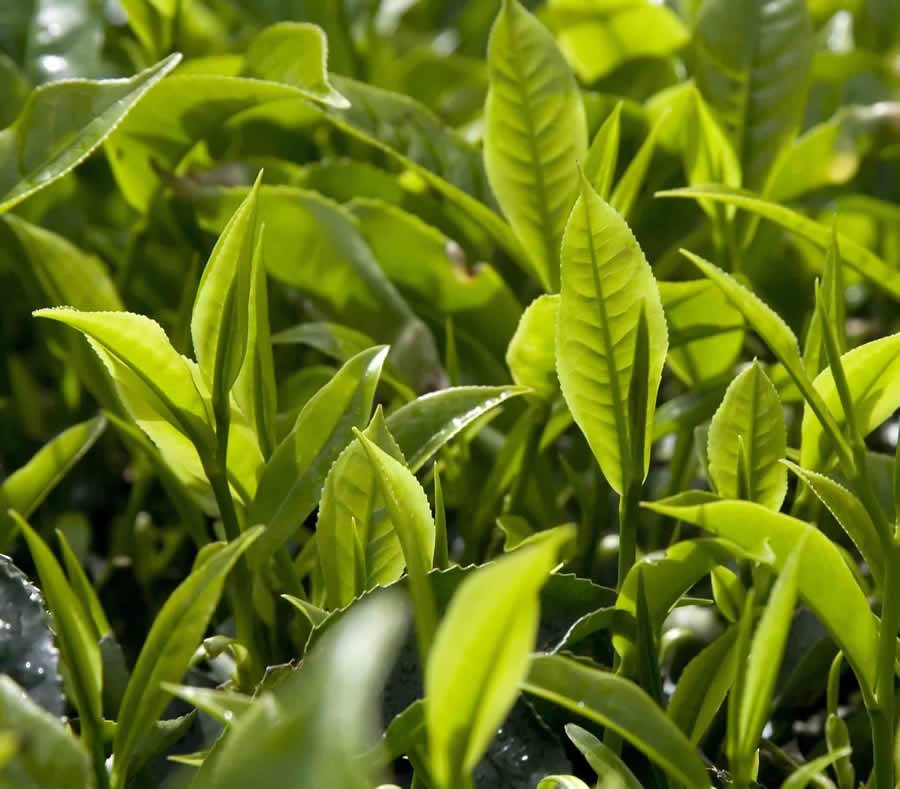 ONE BIOSPHERE
ONE BIOSPHERE 
| |
|
|||


ENVIRONMENTAL FORUM
Green Products
A green product or service is generally defined as one that is both environmentally and socially responsible. In short, the product or service is favorable and accountable to the environment and people that provides and utilizes it.
Generally, green products and services are innovative, creative and are appealing to the mainstream consumer. They benefit the producers of the materials and the manufacturers and suppliers of the products. They show concern for ecology i.e. the plants, animals and ecosystems that underlie the production, supply and usage and they are comprised of materials that are relatively benign in their extraction phase such as reused, recycled, renewable, organic. The product's materials are either reusable and/or recyclable in our industrial processes or biodegradable so that they may be safely returned to the soil.
In certain cases, they are energy efficient in terms of production, supply and/or usage to the extent that they may save more energy in their usage than that used to make them. The manufacturer may be utilizing green energy or subscribing to climate neutral credits. Green products are generally serve a useful purpose and are easy to use. The term may be relative in nature so that a hybrid automobile, although not clean by objective criteria, they may be clean relative to similar autos.
There are many green products being manufactured and marketed to consumers. Some of them are not really green. The problem of "greenwashing" is critiical to the term green. Hence, if you want to buy a green product, you should go for an eco-labelled product, certified according to an eco-label scheme following an ISO 14025, type I eco-labelling. Examples of such schemes are the European Flower and the Nordic Swan. Products labelled according to such schemes.
Green products fulfil environmental criteria developed in an open process with all stakeholders present, they are multi-parameter and the criteria are often revised to meet various parameters of environmental performance. The most comprehensive list of ISO 14025, type 1 eco-labelling schemes may be found at the GEN (Global Eco-labelling Network).
Green Cleaning
Green cleaning is a term that has been coined to describe a growing trend in favor of using environmentally-friendly ingredients and chemicals for household, manufacturing and industrial cleaning. Green cleaning techniques and products avoid the use of chemically-reactive and toxic cleaning products that contain toxic chemicals that emit volatile organic compounds (VOCs) causing respiratory and dermatological problems among other adverse effects.
Green cleaning can also describe the way in which residential and industrial cleaning products are manufactured, packaged and distributed. If the manufacturing process is environmentally-friendly and the products are biodegradable, then the term "green" or "eco-friendly" applies.
Standards set by the U.S. Environmental Protection Agency (EPA) limit human exposure and the release into the environment of toxic chemicals but do not entirely eliminate them due to the compromising nature of legal regulations. Moreover, in real terms, compliance and enforcement are uneven. Labels must contain information about the components of a product, however manufacturing, packaging and distribution may all contribute to environmental degradation.
By public perception, green cleaning companies are held to higher standards than federal or state-mandated green cleaning rules. The purpose of going green is to reduce human illness that arises from exposure as well as damage to the environment (water, soil, air) from disposal of these products. Exposure to chemicals creates allergic sensitivities, reduces immunity, and contributes to cancer and other diseases as indicated by well known medical studies. Research on human and animal exposure to formaldehyde (formalin), benzene and other solvents has given rise to legislation to limit exposure, but the products have not been completely banned.
Scientific research underlying green or non-toxic, eco-friendly cleaning is similar to the history of the use of tobacco products. Both tobacco and volatile organic compounds contained in certain cleaning products impact the body's lungs especially as well as its physiology. Research has established links between chronic, long-term exposure to multiple toxic sources from air, water and ingestion and the incidence of disease.
In general, green cleaning companies using eco-friendly products typically pursue environmentally sustainable business practices.

CONTACT US:

![]() Our Email: one@onebiosphere.com
Our Email: one@onebiosphere.com